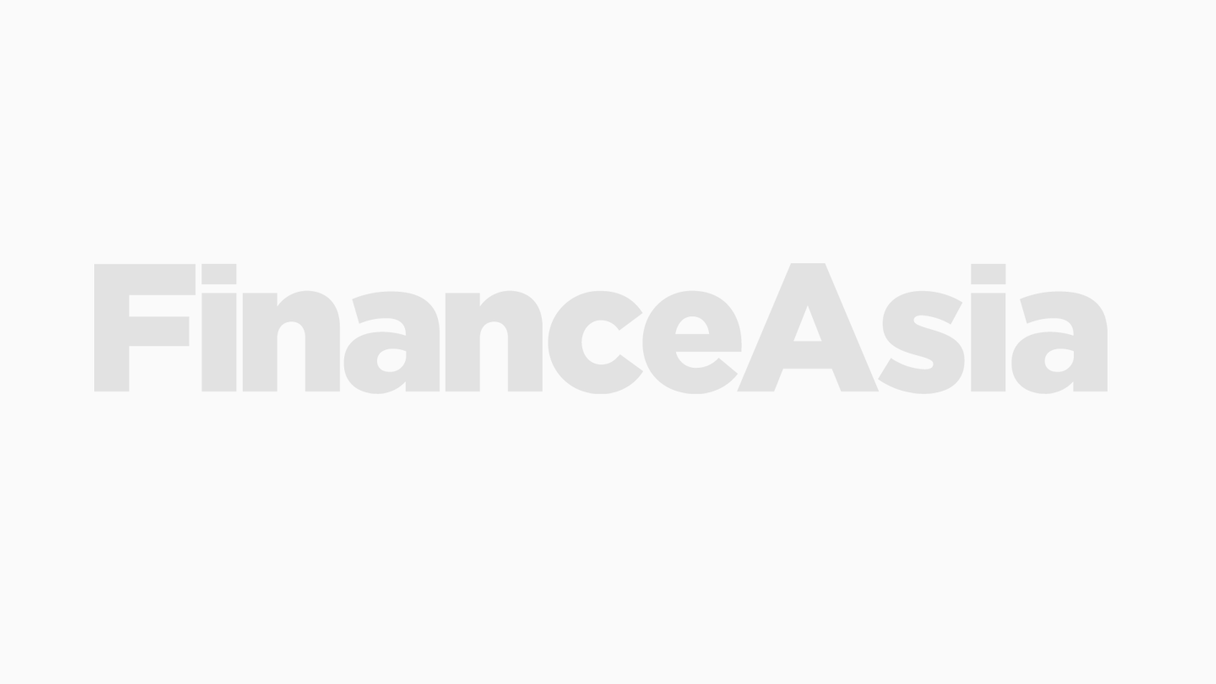Pre-marketing begins today (Wednesday) for a three billion share offering in Krung Thai Bank, representing 27% of the lender's issued share capital. However, while the government has been clear about its strategic goal, the lead is said to be taking a very cautious and pragmatic approach and intends to keep most of the deal's details including its launch schedule as fluid as possible.



